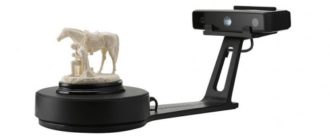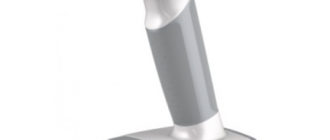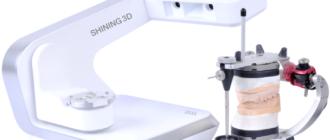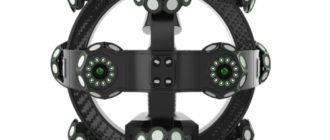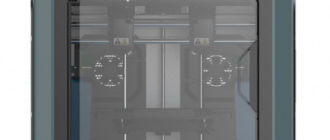Recycling Week begins today in South Africa. Companies such as Red Cup Village from Johannesburg, which produce new products from 3D-printed recycled waste, want to draw attention to the waste problem and present the simplest possible solutions for more sustainable environmental protection. The circular economy is also an important topic.
In South Africa, according to an article in the local news, Recycling Week begins today with the country wanting to show its inhabitants how it could take better care of the environment. Luvuyo Ndiki of Johannesburg is the founder of Red Cup Village, a 3D printing company that cares deeply about protecting the environment. Creating a circular economy is among the ideas that would help solve the waste problem, according to Ndiki. It is important to create incentives in South Africa to dispose of waste properly and not illegally, he said. Materials could be collected and sorted to be used to make new plastic products.
Details of the work of Red Cup Village

Red Cup Village began its work making objects from recycled cups for universities. Today, Ndiki and his team make beautiful 3D-printed objects from recycled materials. These include things like glow-in-the-dark cell phone cases, lampshades, picture frames, and even mini-models for gifts. Mining plastic is very time-consuming and costly, but can become faster and more financially feasible with modern machines.
Ndiki explains:
“Technological advances have really helped the recycling sector. We can now tailor almost anything a customer wants. We’ve even moved into the medical field with our biodegradable products and designs.”
Recycling Week
As part of Recycling Week, retailers, waste management companies, trade associations and the media are encouraging South Africans to work together to increase recycling efforts in the country. Ndiki is already contributing with his 3D-printed biodegradable designs and product offerings. As a result, he and his team want to educate other South Africans about the importance of sustainability and sustainable living. Investing in green growth can reduce poverty, promote job creation and overall economic growth, which South Africa needs more than ever.


Red Cup Village makes its objects using 3D scanning and 3D printing technologies to create high-quality and innovative products. The company is also committed to using locally grown raw materials from cornstarch, sugar cane and recycled plastics.
“What typically takes up to two years in traditional manufacturing takes just a few hours in 3D printing. Today, consumers want products that work well, and they want them now, and it’s up to manufacturers to meet those demands.”
Red Cup Village, meanwhile, also makes 3D-printed objects on demand, provides reverse engineering and helps customers develop products with 3D printing. It relies on 3D printers such as the original Prusa i3 MK3S+, the Creality Ender 6 and the Optimus P1 (https://top3dshop.com/product/optimus-p1-3d-printer). Read more about recycling with 3D printing here. In it, we have already summarized some projects on the topic. With a newsletter subscription you will not miss any further news on these and other topics from the world of 3D printing.


